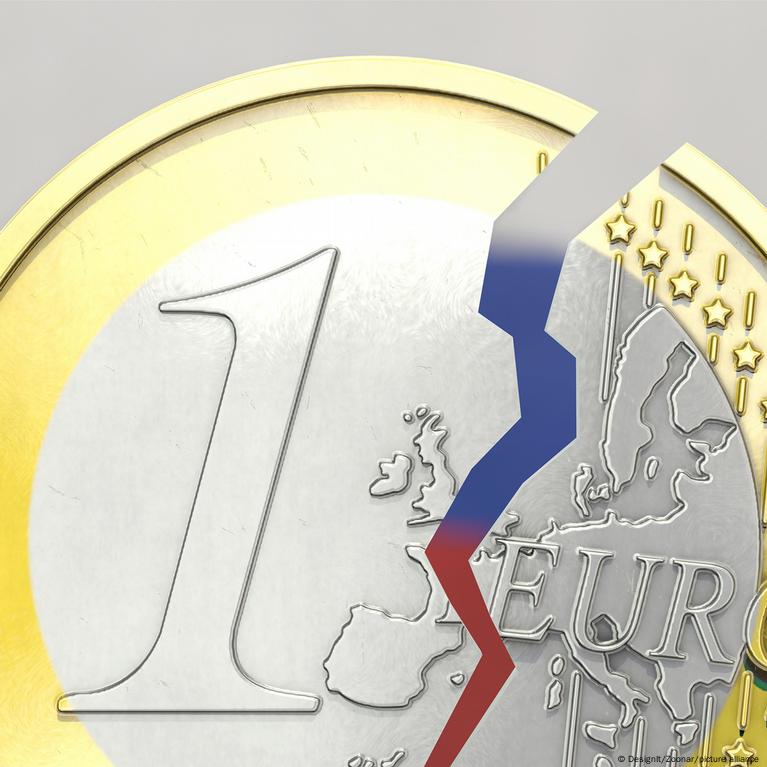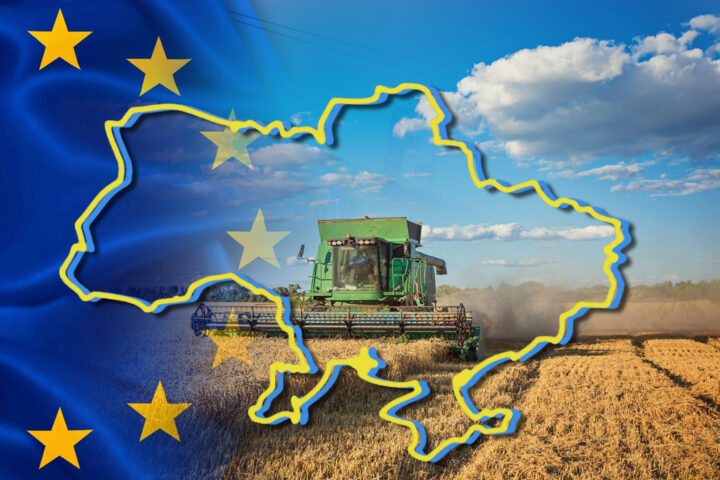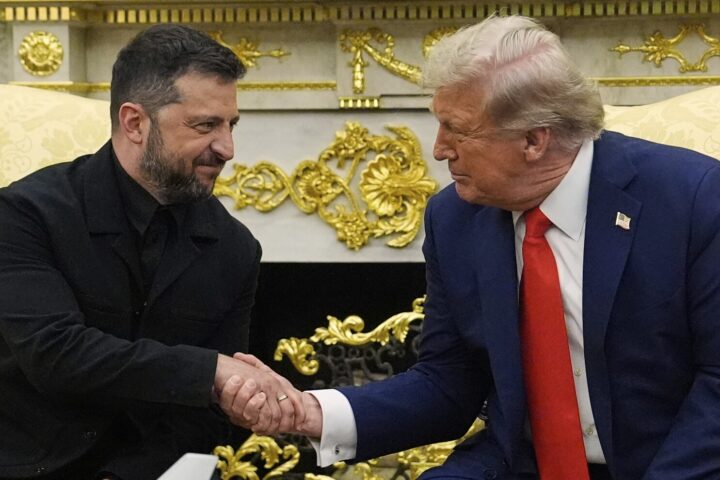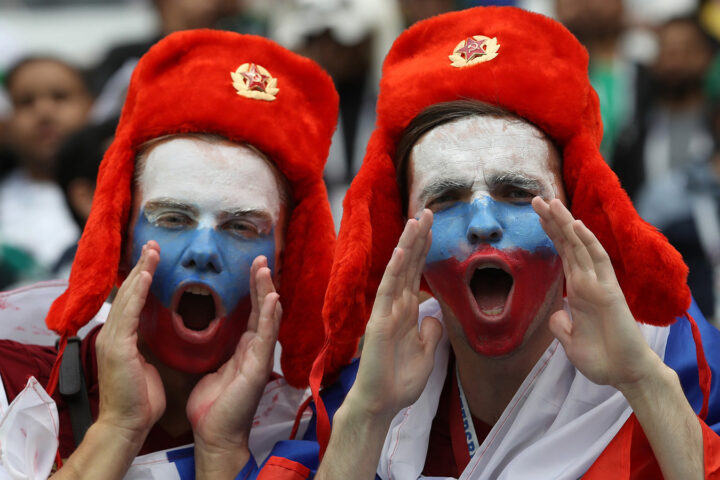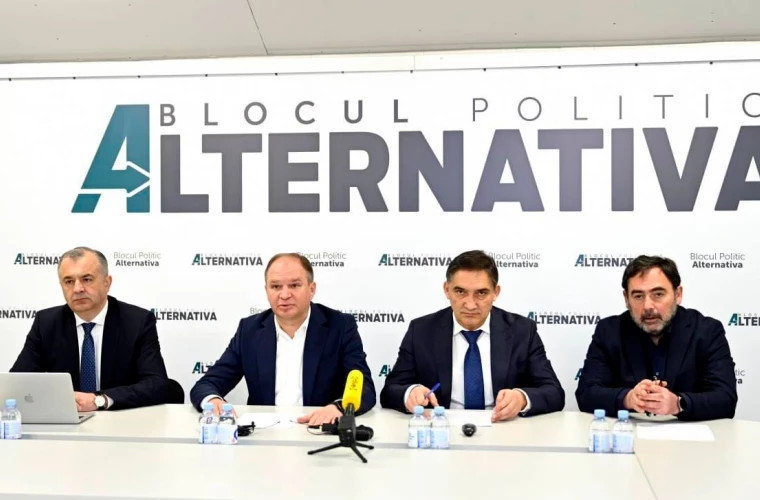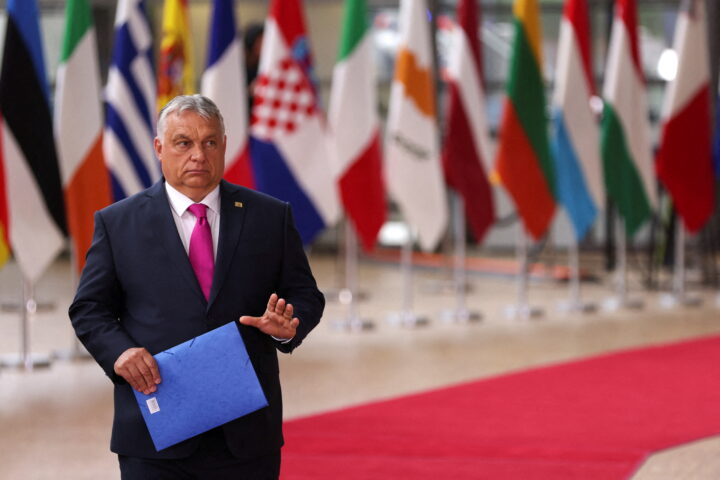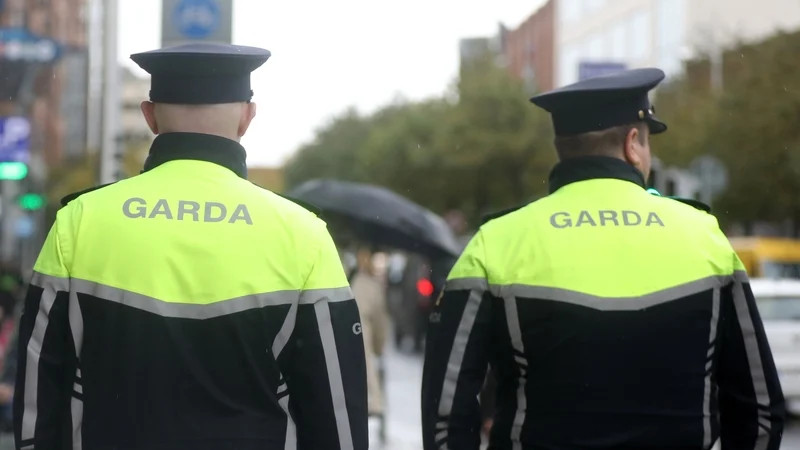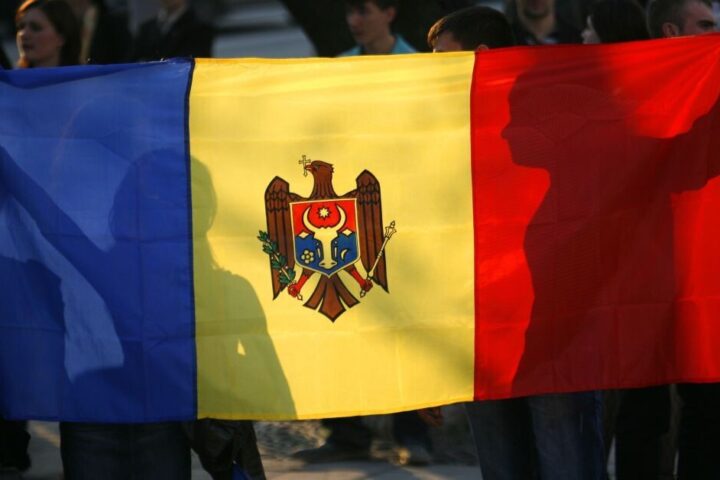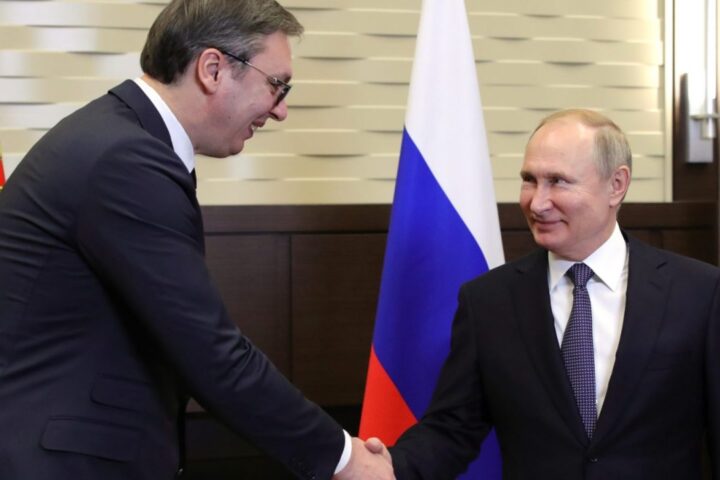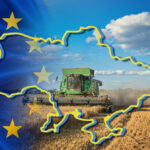Aug 26, 2025 — Belgian Prime Minister Bart De Wever said during a joint news conference in Berlin with German Chancellor Friedrich Merz that he opposes confiscating frozen Russian assets. He cited legal complexity, noted that most of the €190 billion in sovereign reserves are held in Belgium, and warned against confiscating assets at Euroclear, arguing they should remain frozen until any peace talks between Russia and Ukraine.
EU and G7 weigh legal and financial options
Roughly €300 billion in Russian state assets were frozen across Western jurisdictions after the full-scale invasion in February 2022. While member states debate next steps, governments are using interest generated by these reserves to underpin a €50 billion loan package for Ukraine. On July 9, 2025, the European Parliament urged EU capitals to move toward confiscation to fund defense and reconstruction, but many leaders remain wary of setting a precedent without a robust legal basis.
Kyiv’s proposals on reparations and asset management
Ukraine has proposed two parallel tracks: direct use of frozen reserves for reconstruction or keeping them blocked until Moscow pays reparations. Kyiv has also floated a professionally managed fund incorporating the Russian central bank’s reserves to maximize returns for Ukraine, while seeking a balance with allies that prefer channeling asset-derived proceeds through contracts benefiting their own defense industries.
German position on damages and access
Citing war-related destruction estimated at a minimum of €500 billion, Chancellor Merz has argued that Russia must ultimately cover the losses and should not regain access to frozen assets until it does so. The stance reflects a broader push to link any future unfreezing to verifiable reparation commitments.
Pressure for tougher action amid fiscal strain
Several EU states continue to view outright confiscation as a last resort, preferring to press Moscow toward compensation. Yet the growing reality of U.S. weapons supplied to Ukraine with significant European financing has sharpened calls to shift the burden to Russia. Poland’s foreign minister, Radosław Sikorski, captured the sentiment by questioning whether European taxpayers or Russians should shoulder the costs, framing the issue as legal and economic — but also fundamentally moral accountability for aggression.
